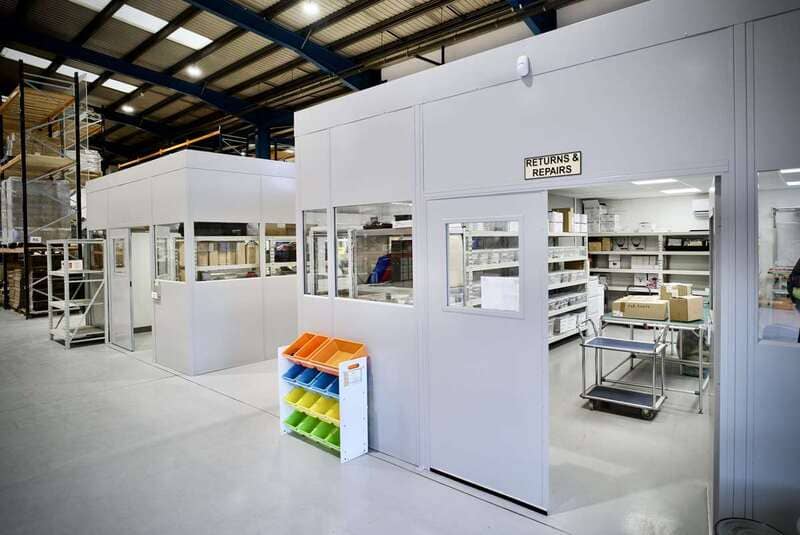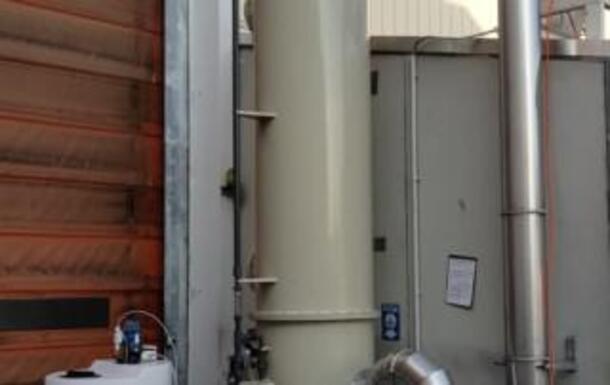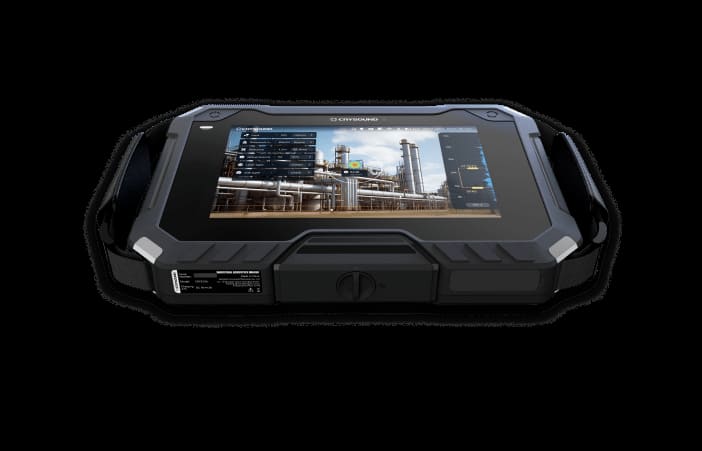
In today’s dynamic industrial landscape, the ability to adapt and evolve is paramount for businesses striving for efficiency and growth. Fixed structures and rigid layouts can quickly become bottlenecks, hindering productivity and limiting potential. This is where the innovative concept of flexible partitioning comes into its own, offering a transformative solution for optimising your workspace.
For many UK businesses, particularly those in manufacturing, warehousing, and logistics, the need for adaptable spaces is a constant. Whether it’s creating temporary cleanrooms, isolating noisy machinery, defining distinct work zones, or simply reconfiguring a layout for a new project, traditional building methods often prove too time-consuming, costly, and disruptive.
What is Flexible Partitioning?
At its heart, flexible partitioning involves using modular, reconfigurable systems to create temporary or semi-permanent divisions within a larger industrial space. Unlike brick-and-mortar walls, these systems are designed for ease of installation, relocation, and even dismantling, providing an agility that traditional construction simply cannot match.
Common examples include PVC strip curtains, modular panel systems, and retractable fabric walls. Each offers distinct advantages depending on the specific application, from basic dust and draught control to more robust acoustic and thermal insulation.
The Benefits for British Businesses
The adoption of flexible partitioning brings …

